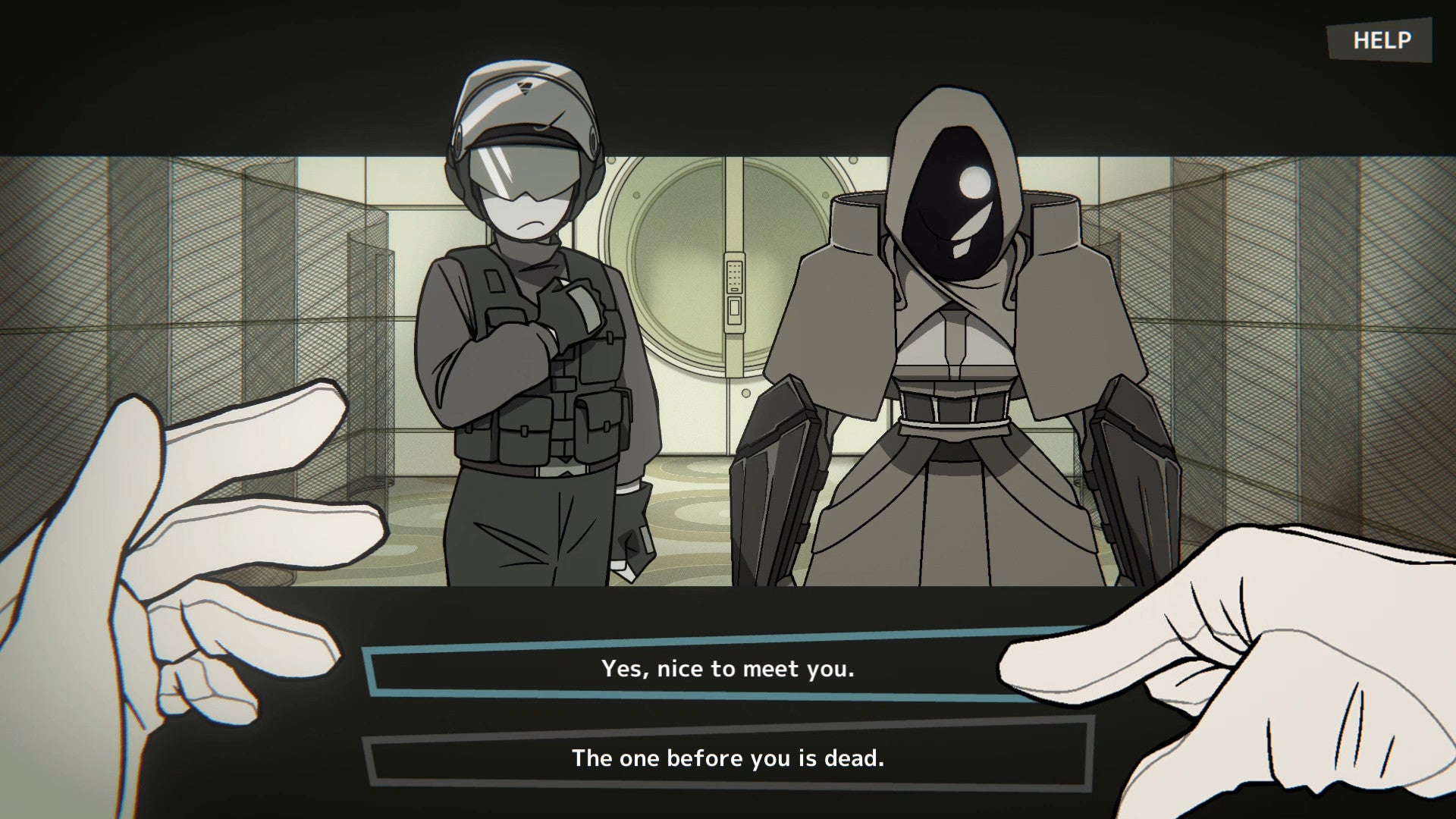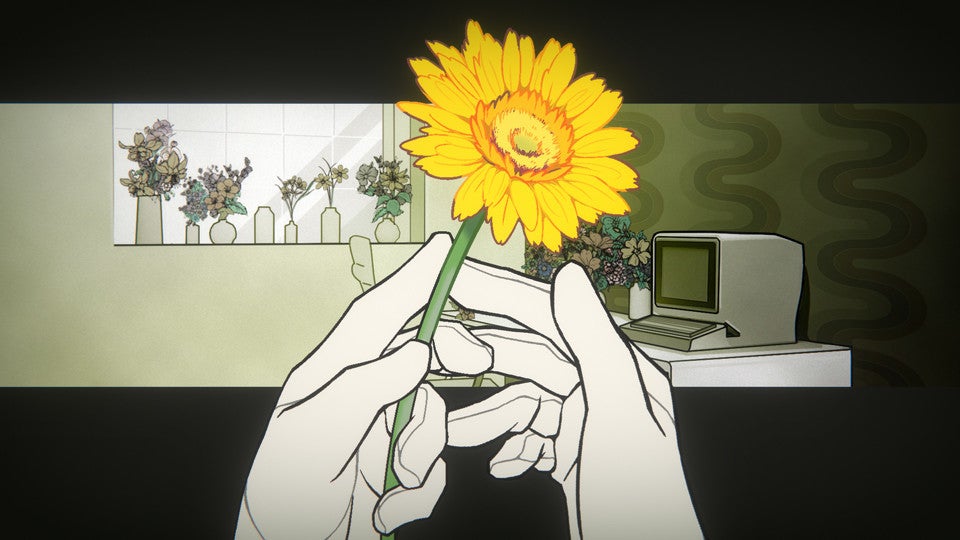So, you get to work. Talking to Unid allows you to build a rapport and understand their motivations. You learn about their past. They talk of their difficult childhood, pets, a lack of support - broken systems that left them behind and put them on their current path. It doesn’t matter. You have a job to do. And now, with that bit of knowledge, you’ve found the ‘bug’ in their programming. After initiating a hack on their brain, you eradicate this flaw, forcefully transforming their mind into a paradise of purity. Unid will never commit another crime again. Have you done the right thing? Mindhack is the first game from Japanese creative collective Vodkademo, taking their storytelling expertise in manga and short novel form into the world of video games. The group’s work has been published for free online, in Japanese, over on their website, showcasing a web of stories that tackle the essence of humanity with anthropomorphised characters, and they clearly show the roots of what has culminated in Mindhack. While Vodkademo’s stories touch on what it means to be human, rarely will a character be described or designed to look like a human in the traditional sense, forcing the reader to tackle this concept and its various connotations head-on. It’s an approach the team has taken into gaming. Mindhack is largely a visual novel, but your typing skills are weaponised to ‘hack’ the flaws out of criminals. You yourself tackle your lack of memories, and how you came to harness a power that can change the fate of others. Even over the course of a brief demo, available in both English and Japanese, the potential of this concept becomes abundantly clear through an example subject that introduces you to many of the game’s core concepts. The most striking visual points are the distinct character designs and the fluidly-animated hands representing the player. This turns the story into one told from a first-person perspective, giving you an enduring presence on screen as you wield the typing hands of fate. Interrogations, such as the one taking place in the brief demo, task us with attempting to understand why these criminals have committed the crimes they have, before using our laser-quick typing skills to erase their criminal intent - no matter whether doing this is the right thing. This active role in this fascinating moral quandary is precisely what makes these interrogations so interesting. According to designer Ami Nakazawa, this caused challenges when trying to bring the game into other languages like English, as the task of typing to hack into the criminal mind is a key part of the game, but plays out very differently across language barriers. In order to effectively communicate these ideas through the English translation, the team has been liaising closely with the localisers to ensure the mechanic functions as intended no matter what language you play in. The result is an effective and enthralling visual novel that stands as one of the most intriguing takes on the genre in recent years. The game posits ideas that linger long after your time with the demo has come to an end. If you had the power to end all crime by erasing the desire to commit crime, would you do it? Should you do it? Wrapped in a bold visual style and flowery image that quite literally contrasts the grey and black of evil with the bountiful colors of nature, this philosophical debate is key to the game’s appeal. Following its first-ever public preview at the recent Bitsummit event in Kyoto, Mindhack is the game that should be on everyone’s radar ahead of its release towards the end of 2022.

